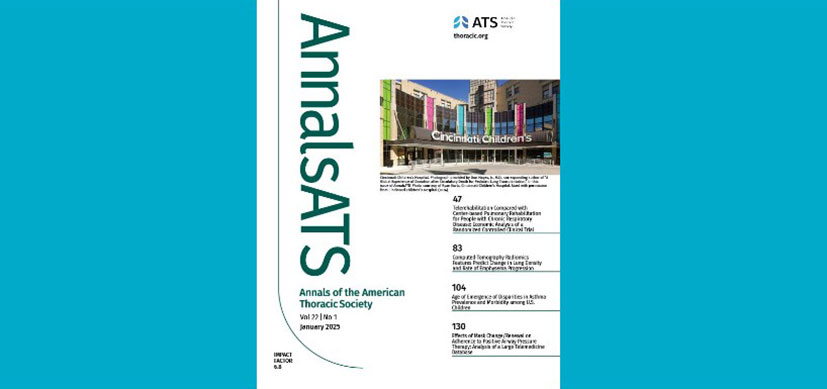Mental Health Care Critical to Perinatal Cardiovascular Health
Research By: Nadine Kasparian, PhD, MAPS
Post Date: February 25, 2025 | Publish Date: Feb. 25, 2025


“It is essential for health care professionals to routinely screen pregnant and postpartum women for depression and anxiety, address modifiable risk factors and consider behavioral and pharmacological interventions to improve long-term maternal health outcomes.” — American Heart Association
Perinatal psychological health conditions, such as perinatal depression and anxiety, are among the leading causes of maternal mortality in the United States, and are associated with adverse pregnancy outcomes, long-term cardiovascular outcomes and intergenerational effects on offspring neurodevelopment.
In the U.S., maternal mortality is two-to-three-times higher than other high-income countries. These numbers have worsened since the coronavirus pandemic, with persistent disparities among historically marginalized communities. The risks underscore the importance of addressing maternal psychological health as a key determinant of perinatal cardiovascular health.
Responding to this need, the American Heart Association (AHA) has published a new Scientific Statement that provides robust evidence about this association, highlights the social and environmental underpinnings, and offers guidance on integrating psychological health into maternal cardiovascular care.
The statement, published Feb. 25, 2025, in a special Go Red for Women spotlight issue of the Journal of the American Heart Association was written by several experts, including Nadine Kasparian, PhD, founding director of the Heart and Mind Wellbeing Center at Cincinnati Children’s.
“Given the robust evidence on associations between psychological health and cardiovascular outcomes, it is critical that we integrate psychological care throughout the perinatal period (pregnancy through one year postpartum) to reduce the risk of adverse pregnancy outcomes and improve both maternal and infant health,” Kasparian says.
Previously, the American Heart Association released guidance on the interplay between mental health and cardiovascular outcomes. This statement focuses on:
- Updating AHA’s approach to supporting maternal cardiovascular health by including comprehensive management of psychological health
- Summarizing the evidence associating suboptimal psychological health and adverse cardiovascular outcomes
- Highlighting effective screening and management strategies and integrated care delivery models
- Identifying current challenges and future directions for improving maternal health outcomes.
Incorporating regular psychological health screening into perinatal care involves training health professionals to use screening tools effectively and establishing protocols for follow-up care, including comprehensive assessment and appropriate treatments.
Whatever the setting, perinatal psychological care should be culturally responsive, language-appropriate, and family-centered. There is also a critical need for long-term research on perinatal psychological health because it influences cardiovascular health and other chronic disease outcomes across an individual’s lifespan.
Read more about the AHA Scientific Statement
Learn more about our Heart and Mind Wellbeing Center
Learn more about Kasparian’s research and how you can help
Don’t Miss a Post:
- Subscribe to the Research Horizons Newsletter
- Follow Cincinnati Children’s Research Foundation on Bluesky: @cincyresearch
| Original title: | Optimizing Psychological Health Across the Perinatal Period: An Update on Maternal Cardiovascular Health: A Scientific Statement From the American Heart Association |
| Published in: | Journal of the American Heart Association |
| Publish date: | Feb. 25, 2025 |
Research By

In the Kasparian Lab, we are interested in how early life experiences influence emotional, neurobiological and cognitive development throughout childhood, adolescence and adulthood.







